The certification program operated by the Afghanistan Institute for Civil Society (AICS) plays an extremely important role in the development and advancement of the Afghan civil society sector. Under this program, local civil society organizations (CSOs) can apply to be independently evaluated and certified.
Certification is measured against high international standards and best practices for all aspects of CSO operation. These include internal governance, financial management, and program delivery.
When a CSO receives certification from AICS, it is a testament to that organization’s reliability and effectiveness. This is an important step in promoting transparency within the civil society sector and increasing both local and international trust in Afghan CSOs.
As of June 2018, AICS had provided certification to 27 Afghan CSOs. Previously, we profiled seven of these organizations. Today, we shine the spotlight on seven more of these important, dependable organizations.
1. Organization of Human Welfare
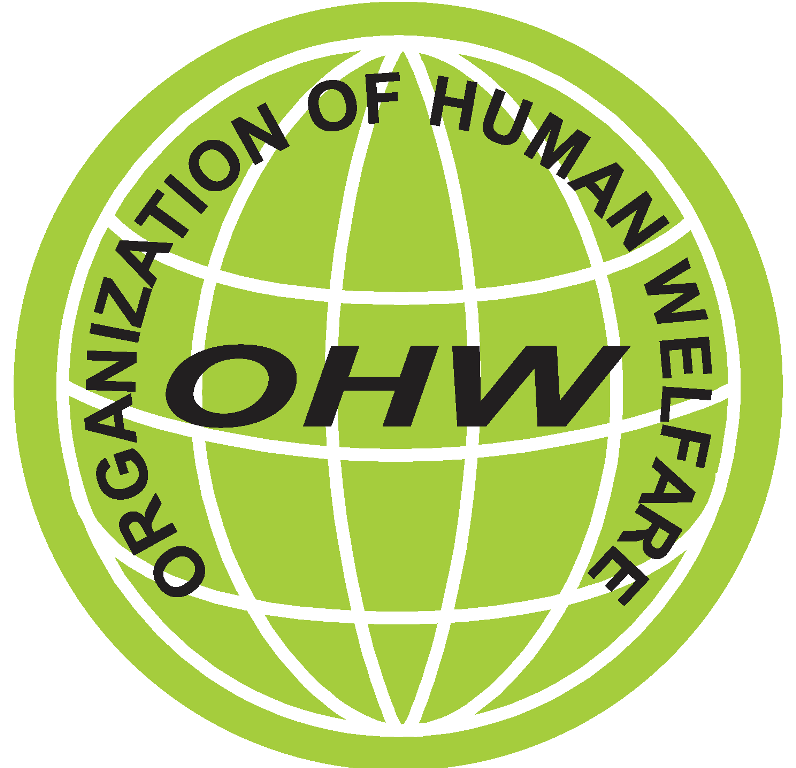
Founded in 2007, Organization of Human Welfare (OHW) focuses on humanitarian aid, development aid, peace building, governance, and capacity development. OHW’s vision is of an Afghan society in which vulnerable and marginalized people can access the opportunities and tools they need to improve their well-being and break the cycle of poverty.
The organization operates across 19 different provinces. Some of its specific activities and programs include the distribution of winterization kits, the distribution of food and non-food items to regions impacted by emergencies, and conducting disaster risk reduction activities in local communities.
2. Organization for Research and Community Development
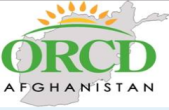
With a staff size of over 1,700, the Organization for Research and Community Development (ORCD) is by far the largest of the AICS-certified organizations. Established in 2011, ORCD has a broad mission to use evidence-based best practices to assist and empower communities to set, and attain, their own development goals.
The ORCD operates major programs across a wide range of thematic focus areas, including health, education, agriculture, rural development, and emergency relief. It is active in 14 of Afghanistan’s provinces.
In 2015, ORCD was granted special consultative status with the United Nations. This made it the first Afghan civil society NGO ever to participate in the UN’s Economic and Social Council.
3. Bu Ali Rehabilitation and Aid Network
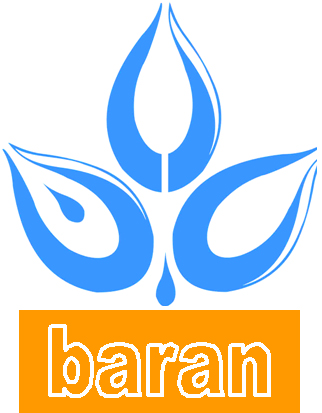
Another very large AICS-certified organization is the Bu Ali Rehabilitation and Aid Network (BARAN). An independent, non-governmental, and non-political organization founded in 2006, BARAN has a mission to provide Afghans with quality health care, education, rehabilitation, and social services.
BARAN’s 1,250-plus staff members use a community development approach to deliver the organization’s programs and services. Capacity-building programs that enhance communities’ self-sufficiency are a particularly important focus area for BARAN.
4. Sanayee Development Organization
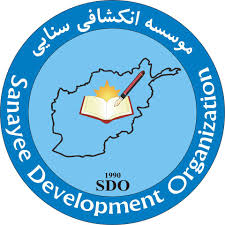
For nearly 30 years, Sanayee Development Organization (SDO) has been working to create a peaceful, free Afghanistan where people can sustain themselves and manage their own development with pride.
SDO is focused on peacebuilding initiatives, including community-based resources for conflict resolution; community development activities, including capacity-building for disaster prevention; health services, such as mobile health clinics and HIV/AIDS harm reduction programs; and educational interventions, especially vocational training programs and literacy and numeracy classes.
Over the course of its history, SDO has joined a number of important local and international networks. These include the Global Call to Action Against Poverty, the Asian Disaster Reduction & Response Network, and the Afghan Civil Society Organization Network for Peace.
5. People’s Action for Change Organization
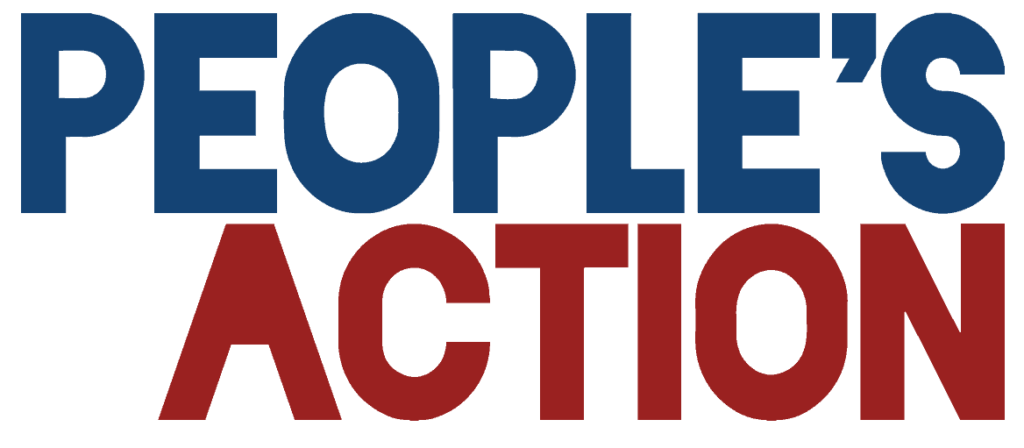
Founded in 2012, People’s Action for Change Organization (PAC.o) envisions an equitable and just society in which every person is free from hunger, poverty, and suffering. Much of PAC.o’s work focuses on food insecurity and initiatives to end hunger.
One of the organization’s most important initiatives is the REALISE project (Resilient Agriculture and Livelihood Initiative for Socioeconomic Empowerment). This endeavor is supported by the Department of Foreign Affairs and Trade and carried out in partnership with ActionAid Australia/Afghanistan.
The REALISE project works with vulnerable households and communities to improve food and nutritional security; grow their economic asset base; and strengthen their engagement in local, provincial, and national decision-making around food security issues.
6. Afghanistan National Re-Construction Coordination
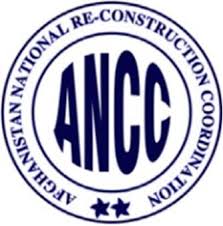
Afghanistan National Re-Construction Coordination (ANCC) was established in 1994 to assist vulnerable Afghan refugees and internally displaced families during the country’s civil war. Today, ANCC works to build prosperous and developed communities in Afghanistan by partnering with stakeholders to offer agricultural, food security, and community development support.
One of ANCC’s most important recent projects was the National Solidarity Program. It worked to build and strengthen local Community Development Councils and maintain them as effective institutions for local governance and socioeconomic development.
7. Afghanistan Rehabilitation and Educational Program
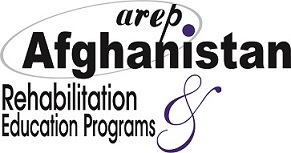
Another civil society organization established in 1994, Afghanistan Rehabilitation and Educational Program (AREP) understands the close connections between education, community development, and capacity building. It further understands how these key areas relate to the progress of Afghan society.
Today, AREP leverages its extensive experience managing multiple projects to deliver a range of programming. It has a particular focus on formal and information education.

